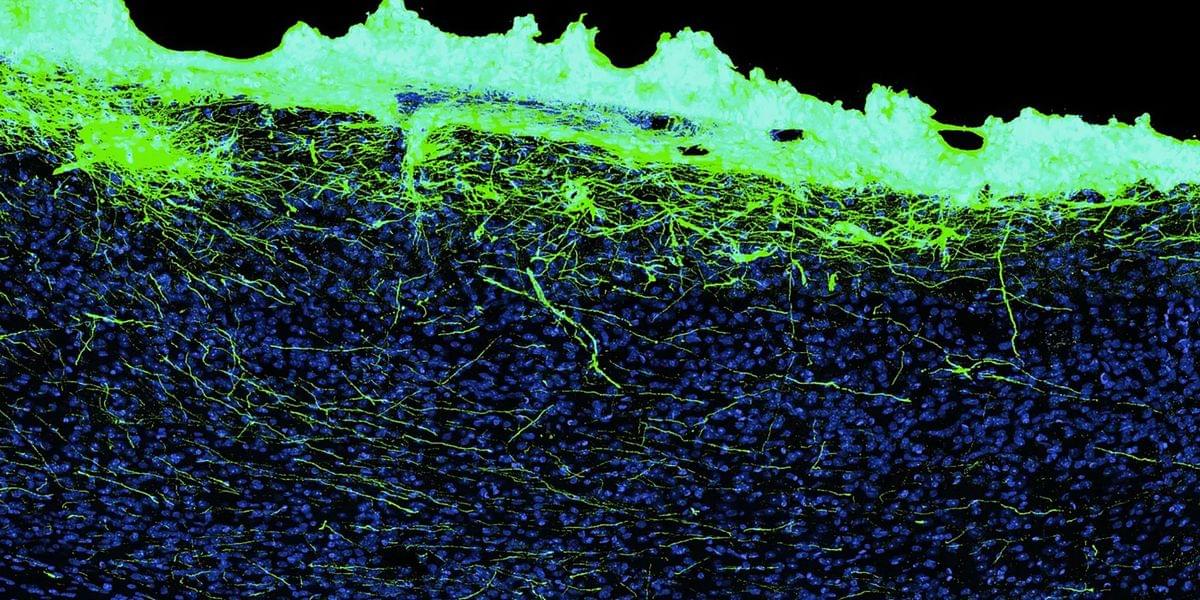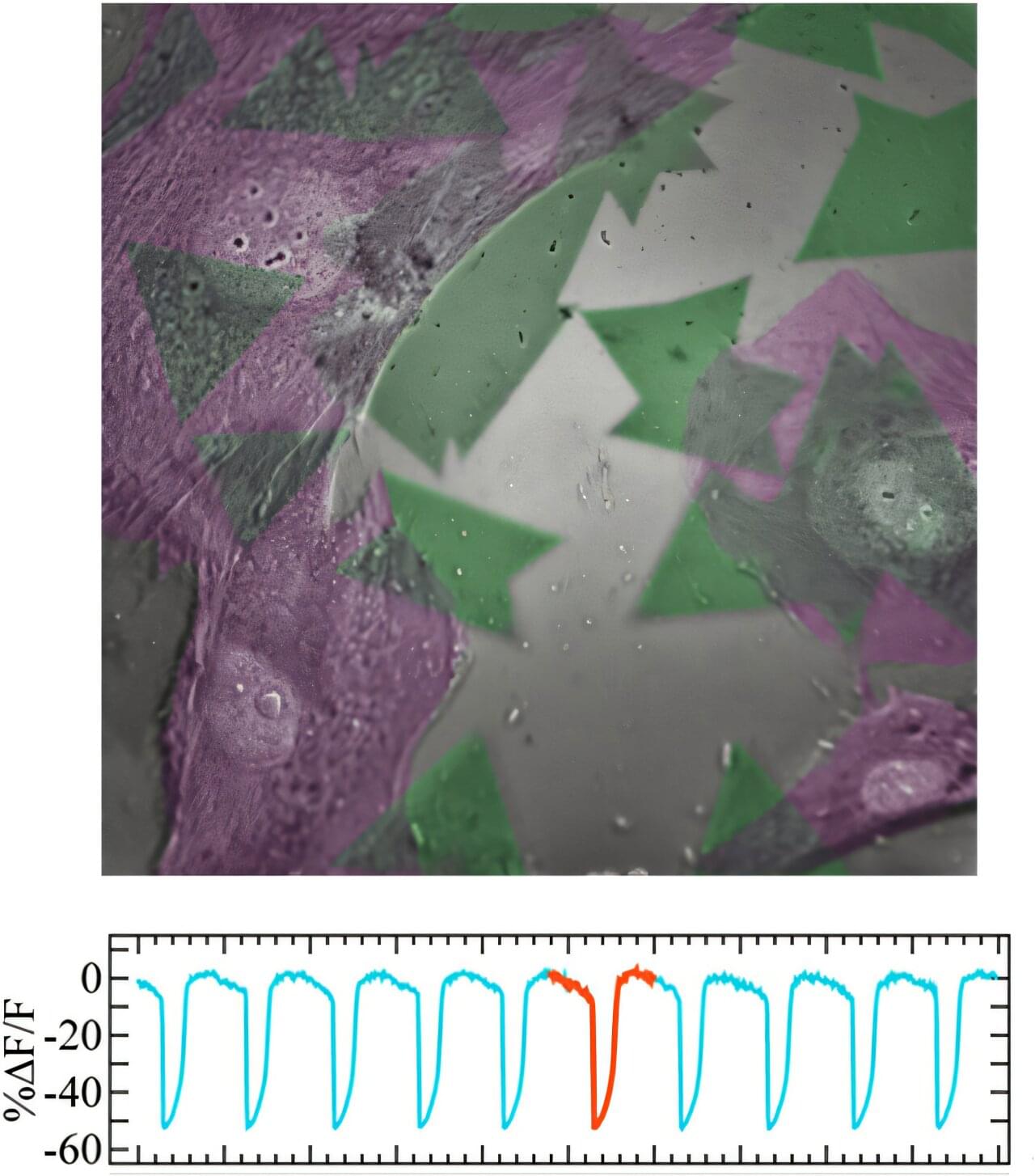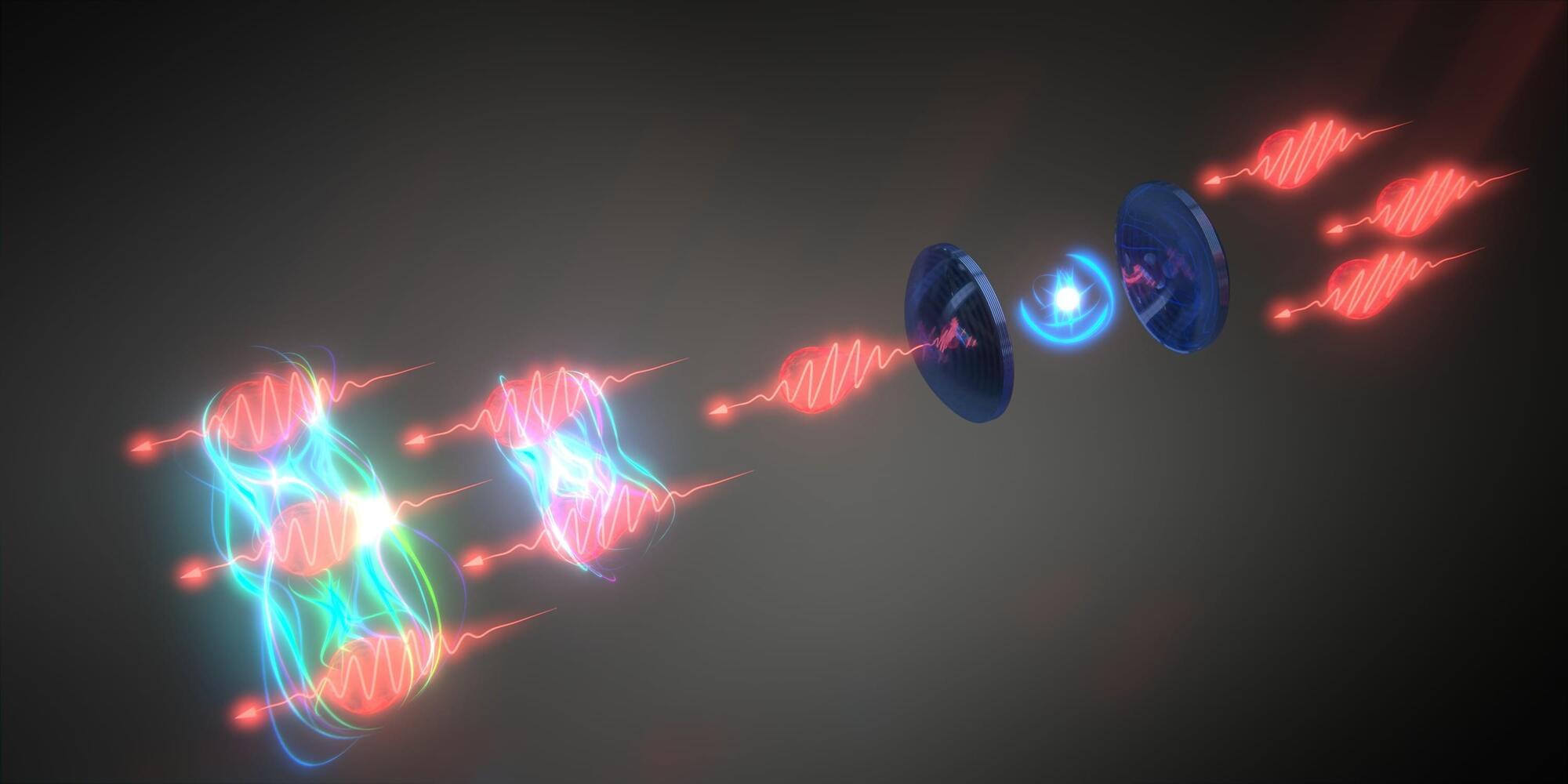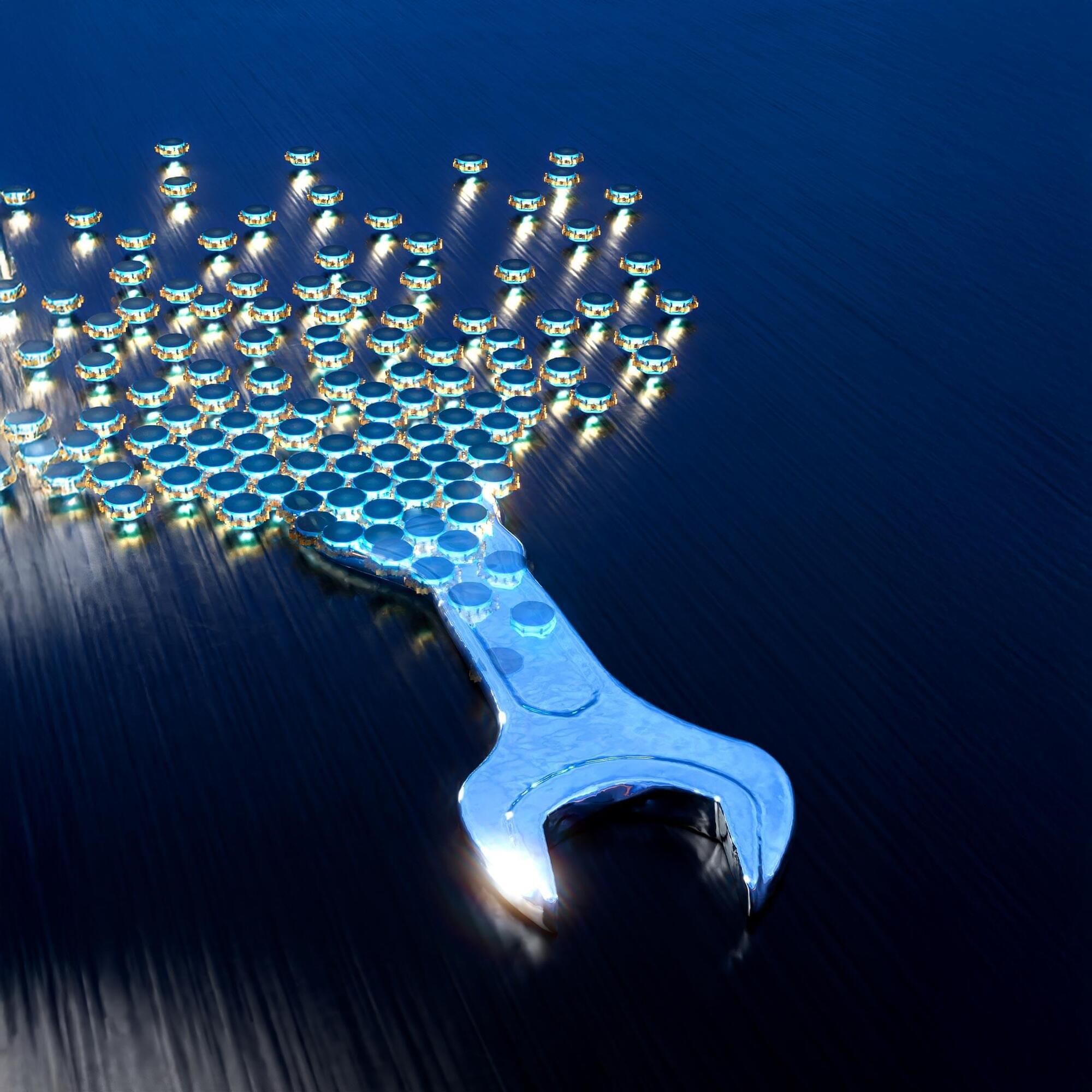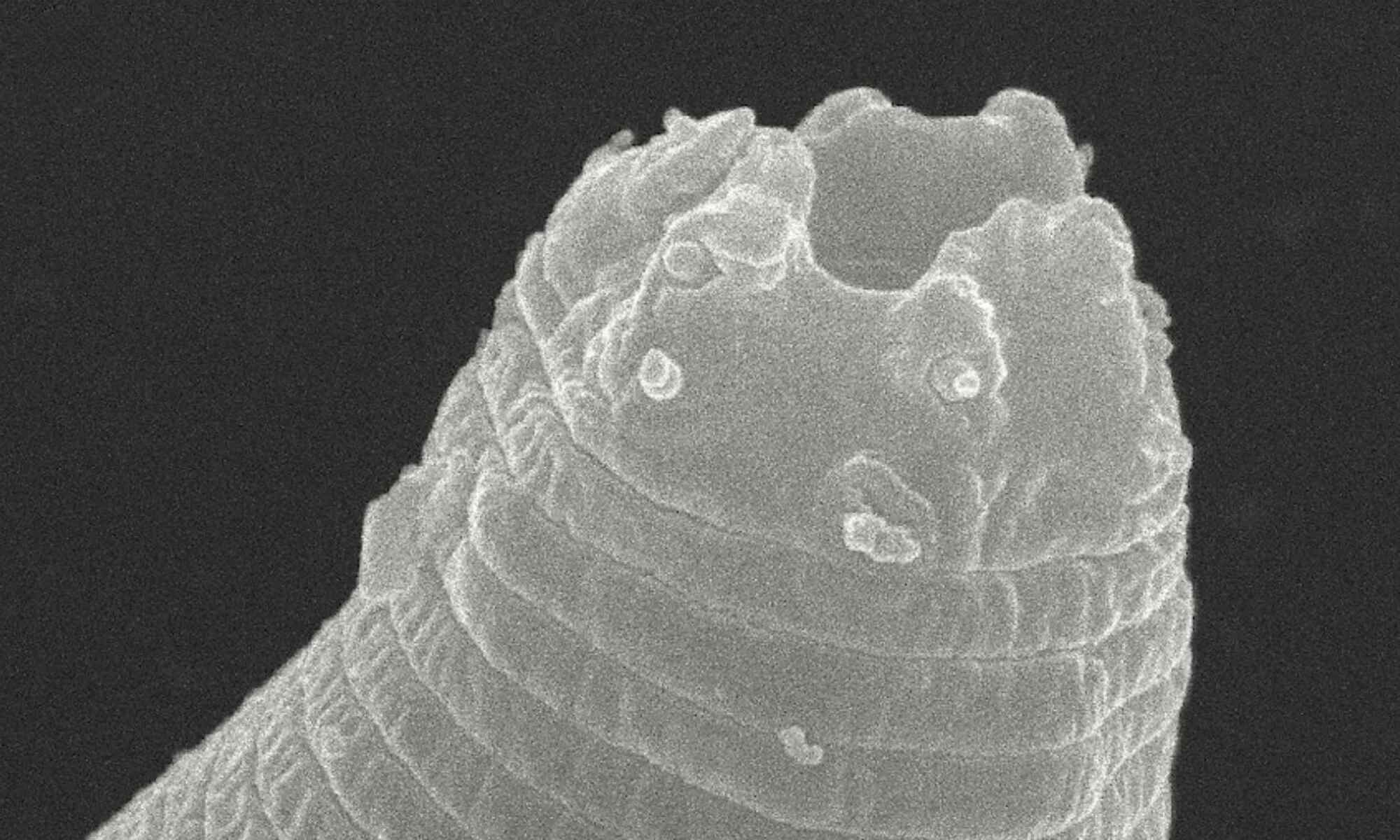Brain-computer interfaces have enabled people with paralysis to move a computer cursor with their mind and reanimate their muscles with their thoughts. But the performance of the technology — how easily and accurately a BCI user’s thoughts move a cursor, for example—is limited by the number of channels communicating with the brain.
Science Corporation, one of the companies working towards commercial brain-computer interfaces(BCIs), is forgoing the traditional method of sticking small metal electrodes into the brain in favor of a biology-based approach to increase the number of communication channels safely. “What can I stick a million of, or what could I stick 10 million of, into the brain that won’t hurt it?” says Alan Mardinly, Science Corp co-founder.
The answer: Neurons.
